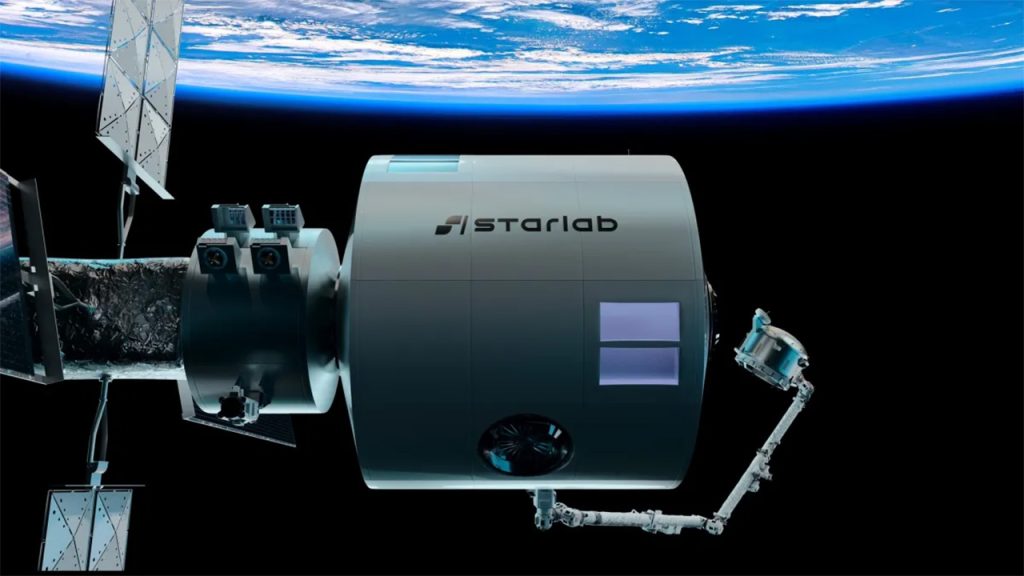The International Space Station, the most expensive structure built by humanity, has long served as a space base for astronauts from Earth. However, as technology has transformed the space race into a competition beyond a few countries, the number of people with the potential to use this station is increased. For this and other reasons, the search for alternatives has already begun. For example, despite being one of the architects of the ISS, Russia is developing its own space station. Meanwhile, SpaceX plans to launch the Starlab private space station with Starship ahead of others. Here are the details…
Introducing Starlab, the Next Frontier in Private Space Stations
The ISS is expected to be replaced by private space stations around 2030. The first one, Starlab, is set to launch by 2028. Developed by Voyager Space and Airbus, Starlab is a private space station measuring 20 meters in length and 10 meters in width, consisting of two modules. The main module will house the crew’s living and working space, while the additional module will be utilized for scientific research and commercial activities.

Elon Musk’s SpaceX will undertake the mission to send the station into space. Starlab will be launched into orbit when the Starship rocket is ready. Many see Starlab as a significant step for space tourism and private space research. As you know, SpaceX has the capability to send almost anyone who can afford it into space. However, there is currently no space beyond the ISS where these individuals can spend time. Starlab has the potential to change this by creating a new commercial space activity.
Voyager CEO Dylan Thomas explained that launching Starlab in a single mission was always the plan. Starship, currently the only heavy-lift rocket in development, can accommodate the station’s 8-meter diameter in one go. Taylor emphasized that launching in one mission reduces on-orbit risks, avoiding the high costs and execution risks associated with assembling hardware on orbit for stations requiring multiple launches
RELATED:
- Best smart luggage of 2023: Modobag, Weego, Incase & More
- Alldocube iWork GT 12: AMD 2-in-1 laptop, $100 off and free keyboard
- Aoostar R1 N100: Intel N100 NAS / Mini PC with Windows 11 for $219
- Lenovo Legion Y700 2023: Save $100 on this 8-inch gaming Android tablet







